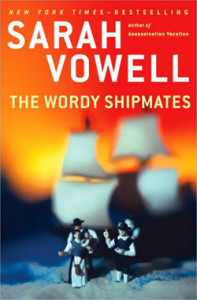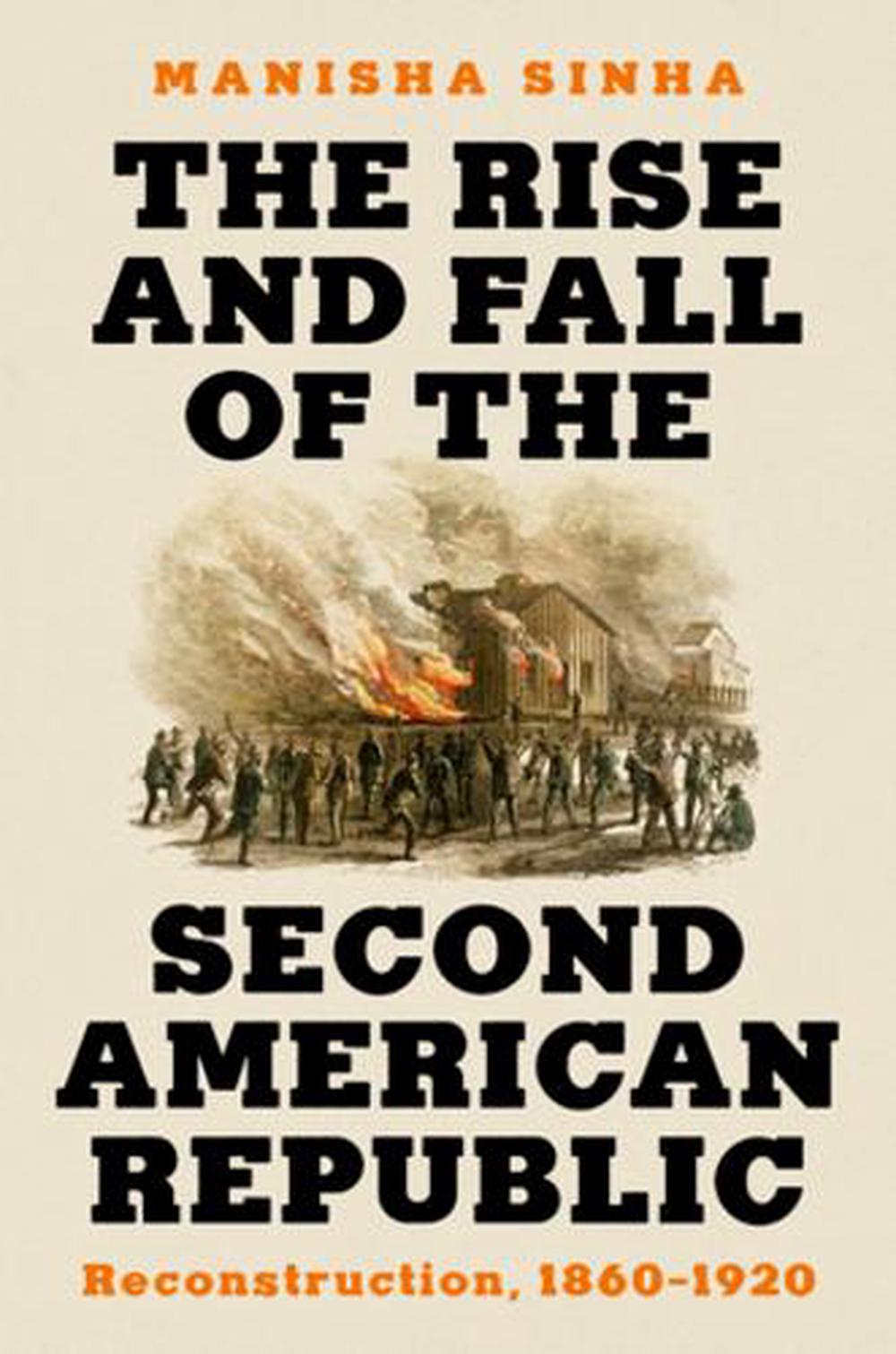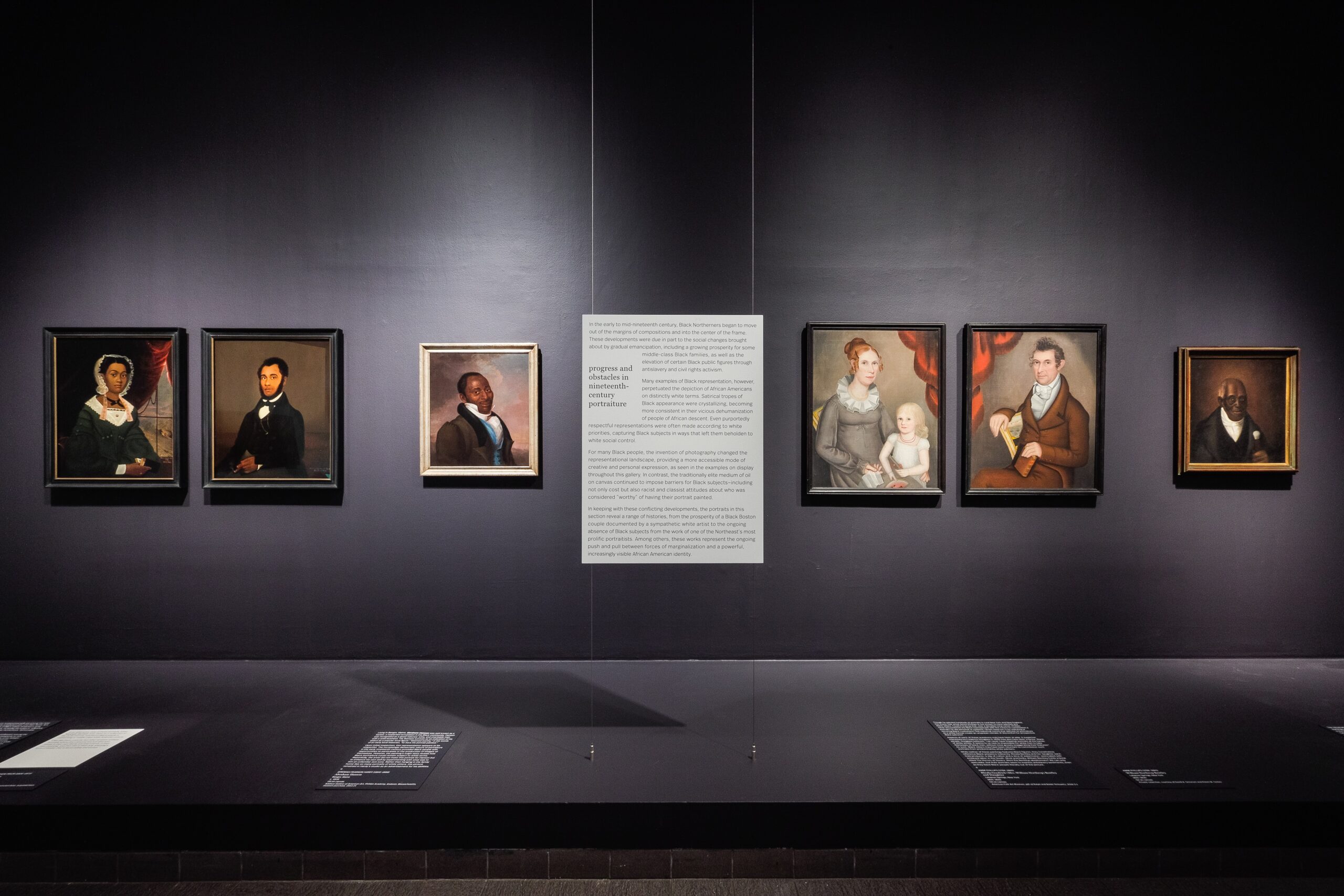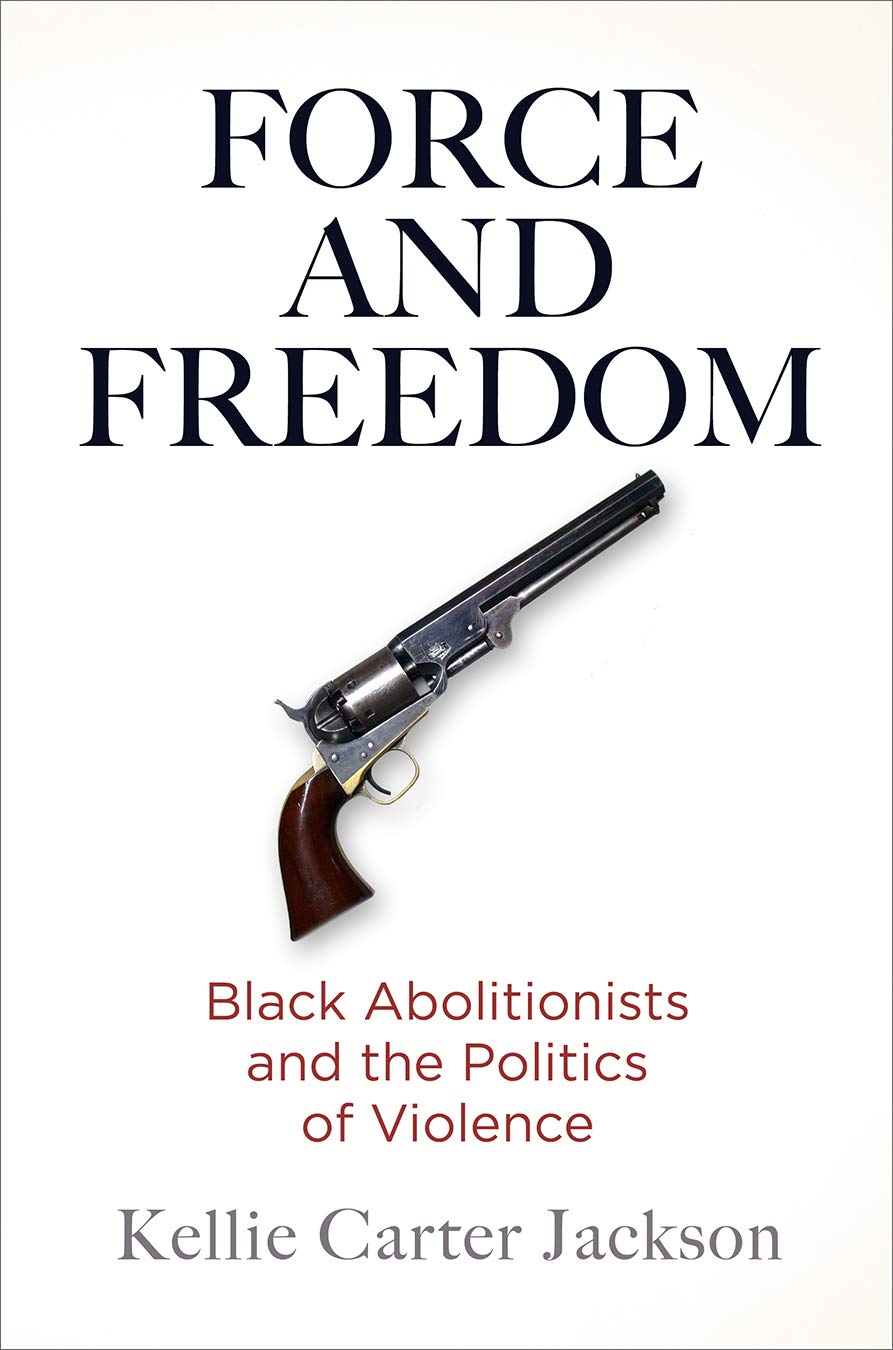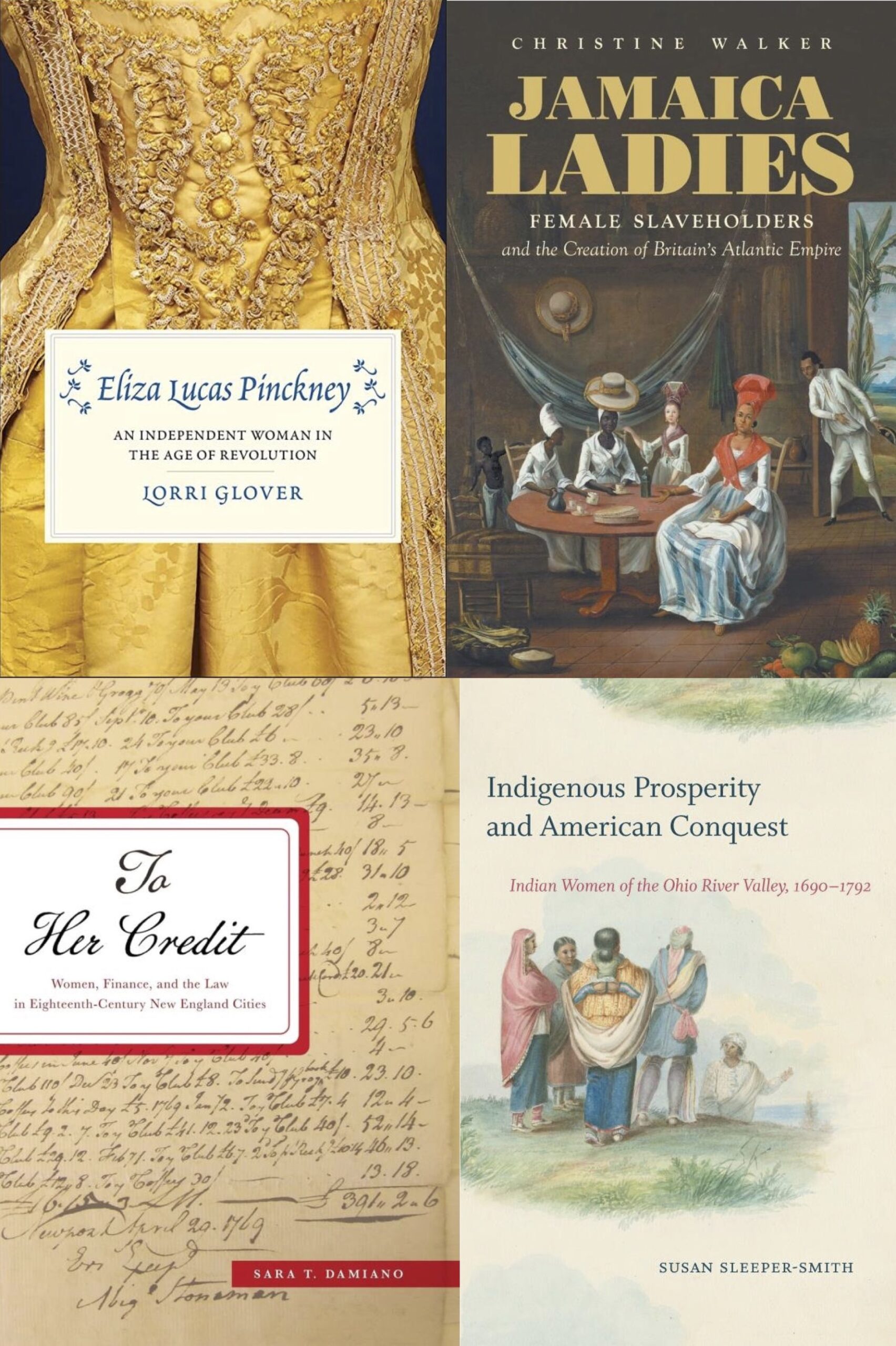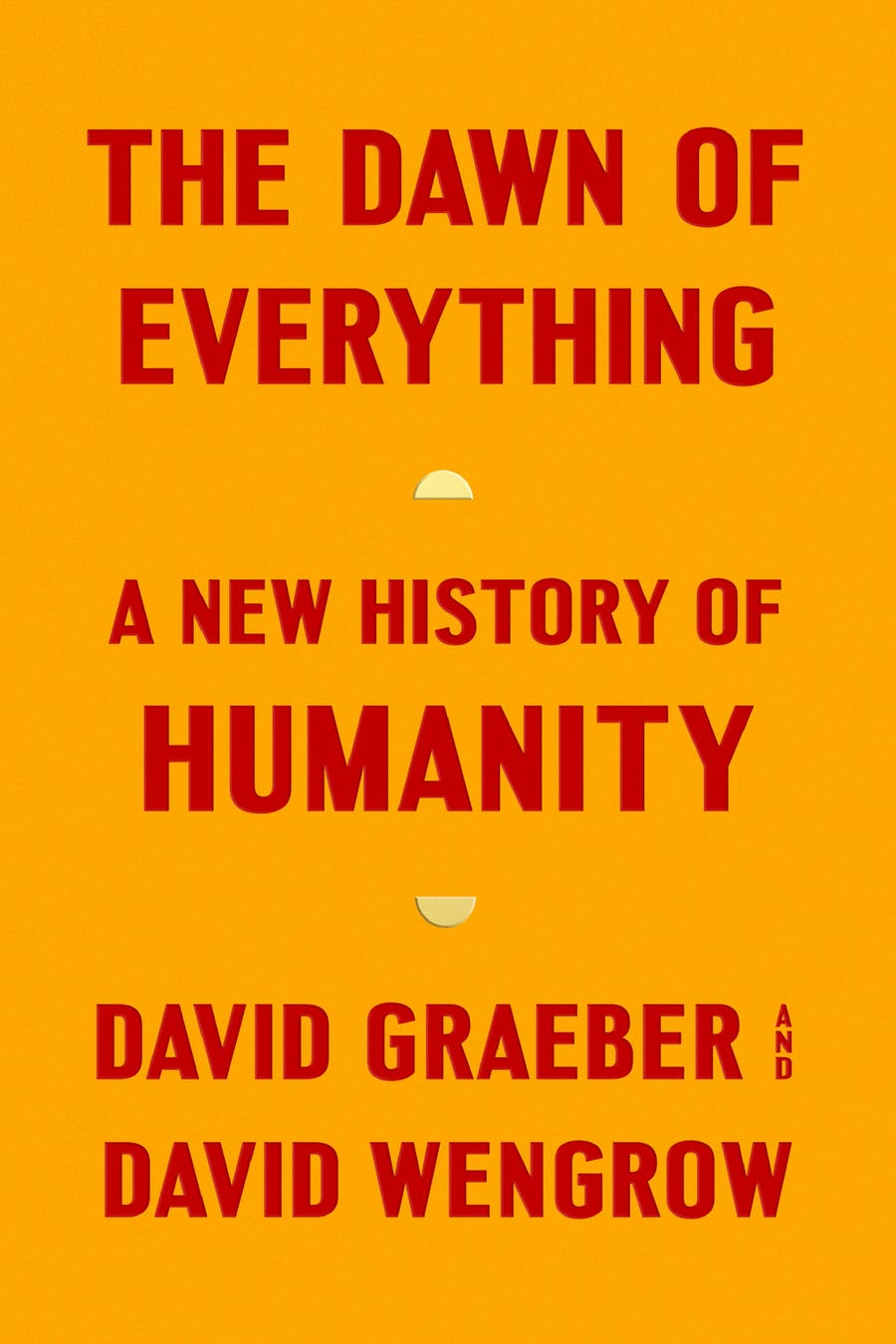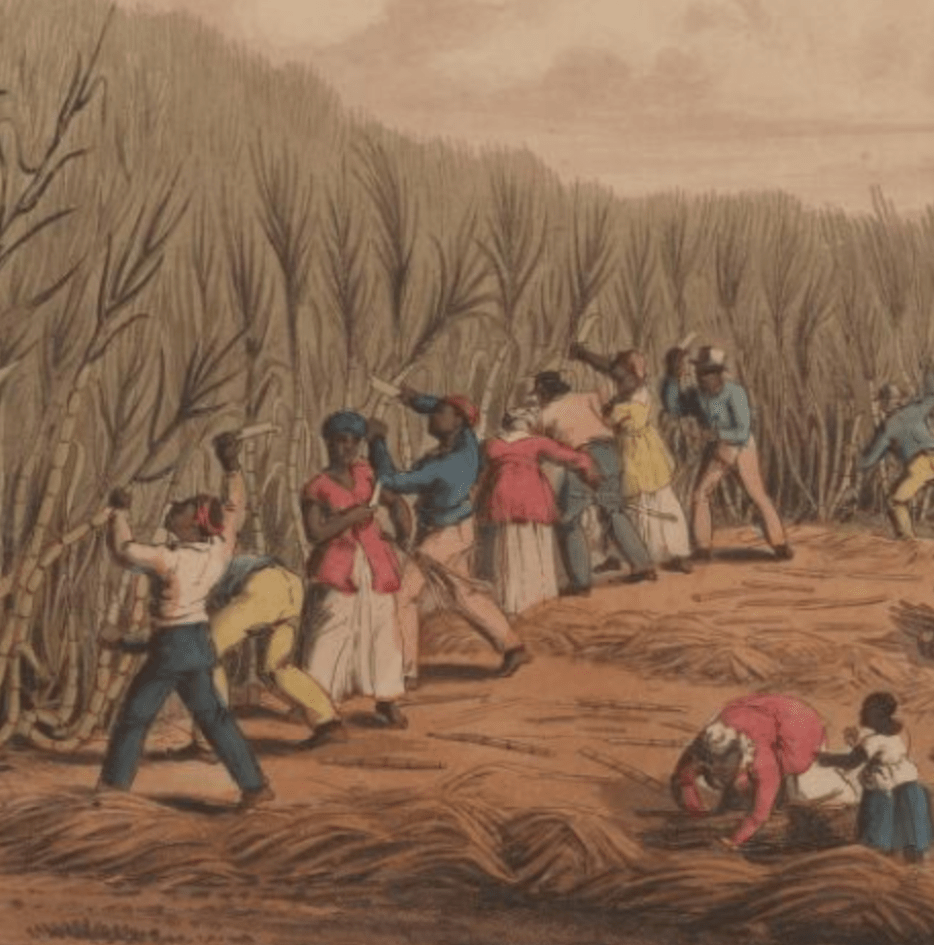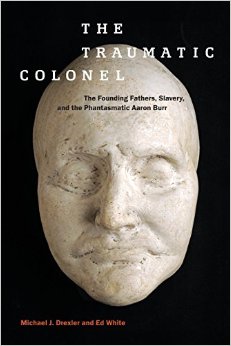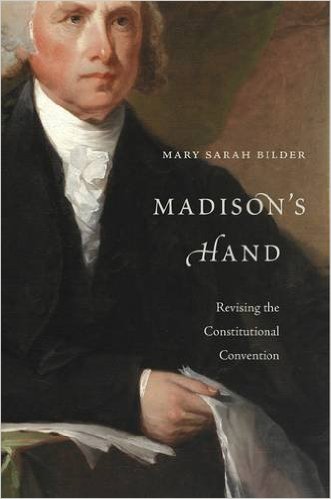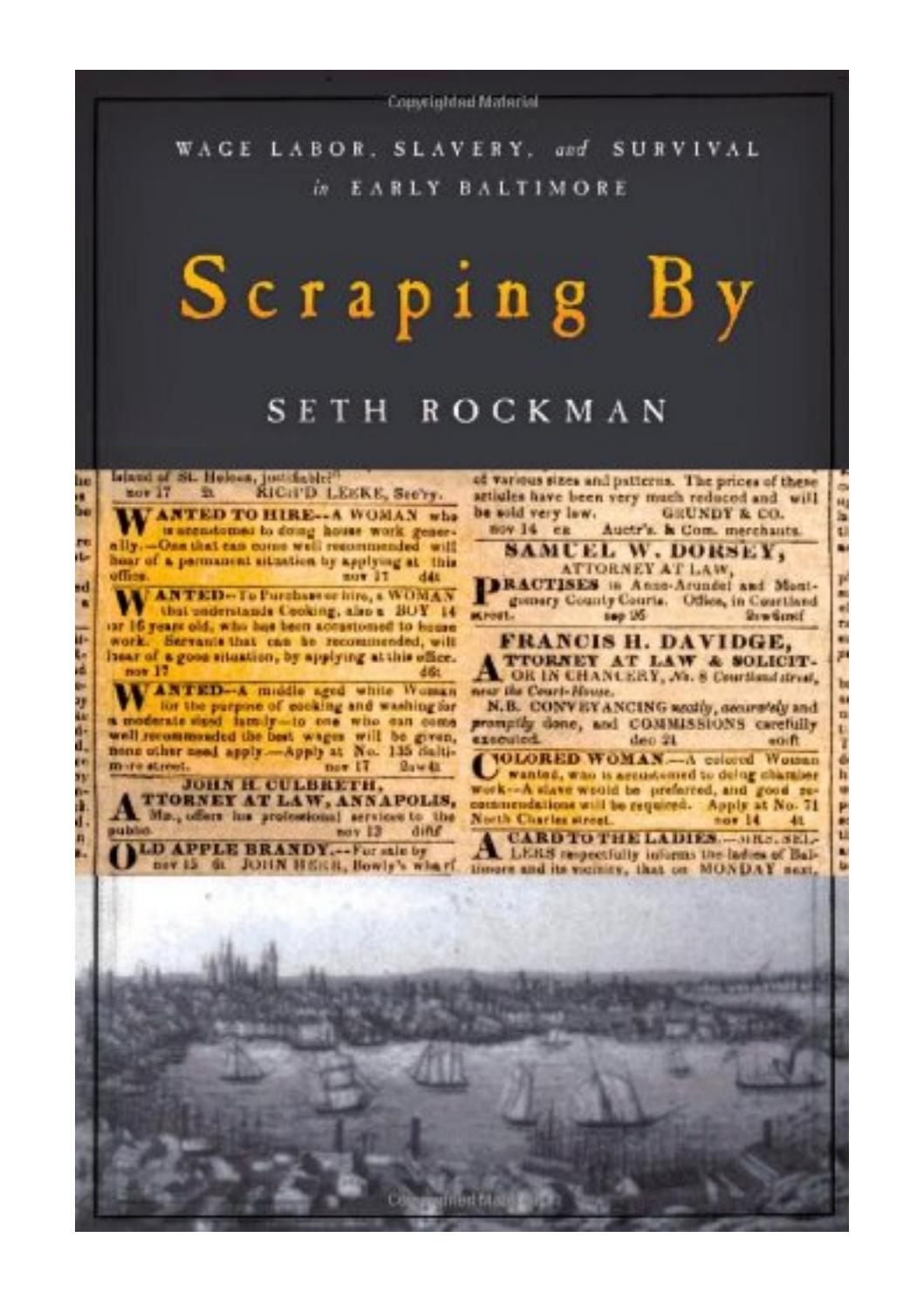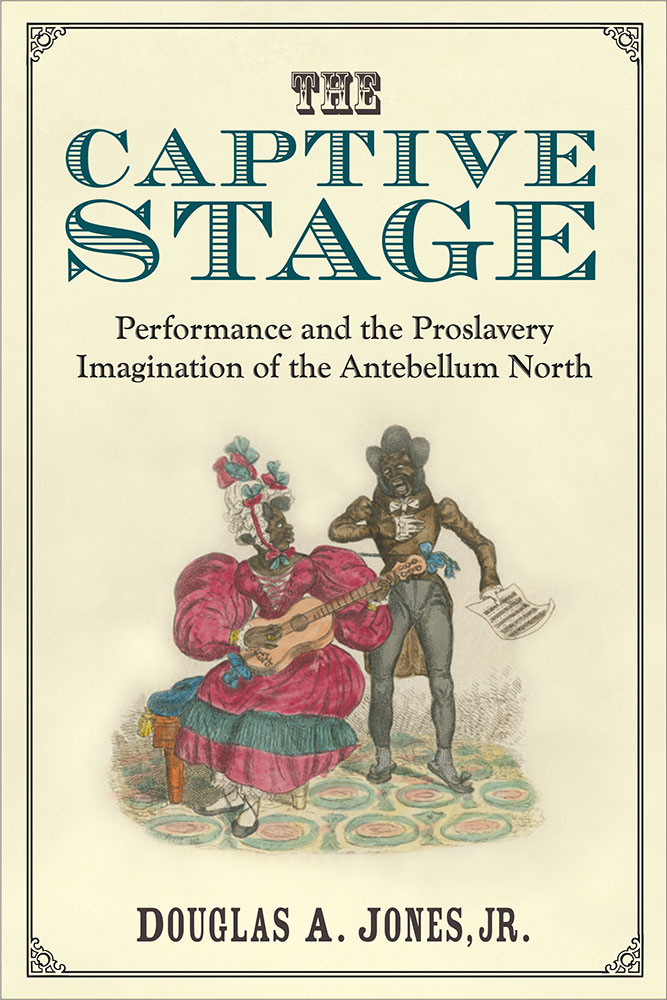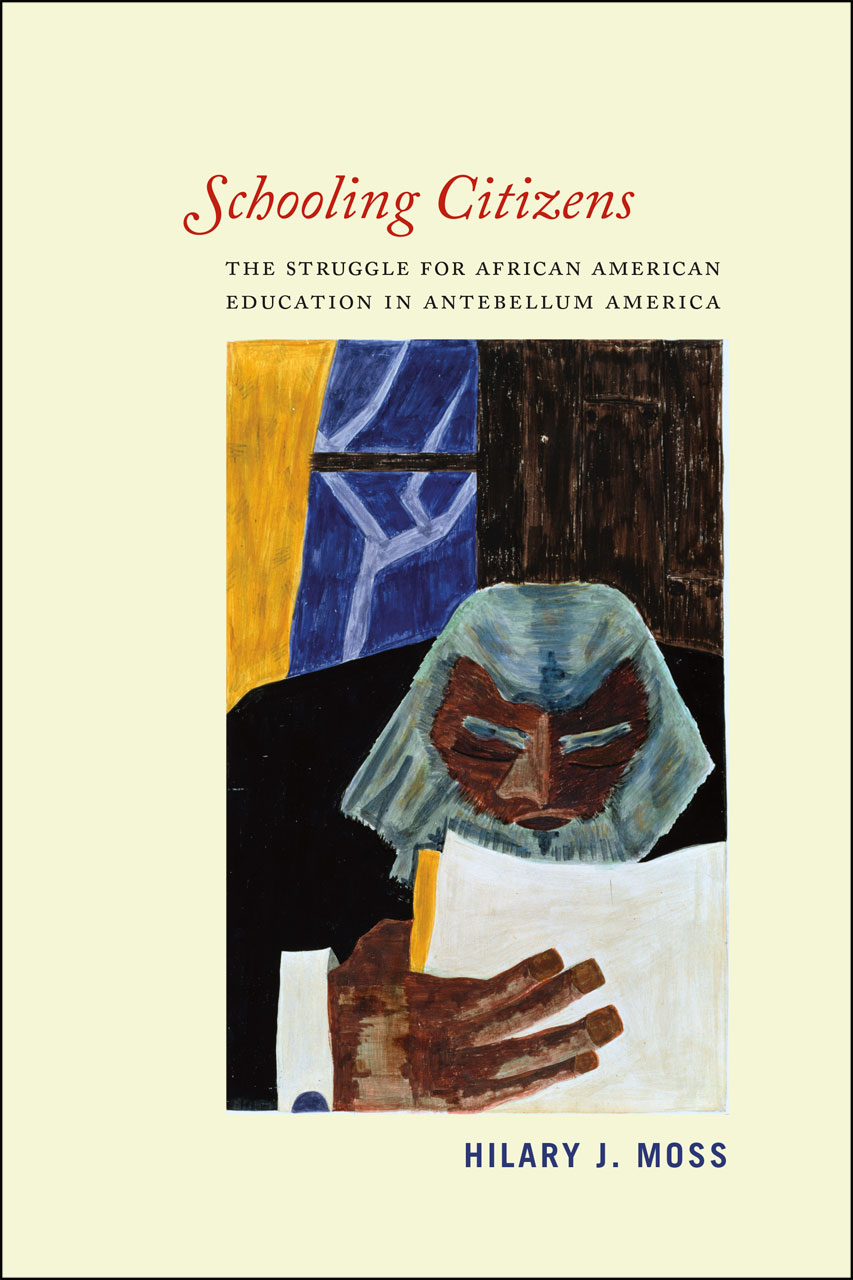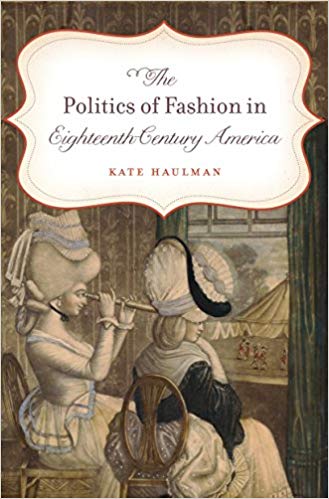Like a hostess dusting off her gravy boat come Thanksgiving, Ronald Reagan would trot out Winthrop’s image of a city on a hill on special occasions throughout his political career.
—Sarah Vowell
The most heterogeneous ideas are yoked by violence together…
—Samuel Johnson
I recalled Johnson’s criticism of metaphysical poetry often while reading Sarah Vowell’s latest contribution to popular history, a heartfelt if sometimes uneven exploration of Puritan foundations, wonderfully titled The Wordy Shipmates. Her insistence on precision in disentangling mythic traditions and historical record coexists with pop-culture reference and colloquialism. The juxtaposition alternately distracts and enlightens. When Vowell asks the reader to think of Ann Hutchinson as a seventeenth-century Oprah Winfrey in an attempt to communicate the Puritan woman’s grassroots influence, the yoking is jarring and ill fitting. On the other hand, the image of Ronald Reagan dusting off the gravy boat of manufactured American exceptionalism is a yoking that delights and instructs. The eclecticism of Vowell’s historical enthusiasm, her sensitive readings of primary texts, and her This American Life hip-folksiness make this work, in particular, difficult to categorize. In fact, at the local book superstore, the employees had a hard time helping me find a copy. Was it in History? No. Essays? Or perhaps Humor? No. Amazingly, one employee even suggested Fiction. We finally located The Wordy Shipmates on a table labeled simply “Thought Provoking.” Indeed!
The best and worst of Vowell’s book can be seen in a single, early passage. Before launching her explanation of the difference between those Puritan immigrants who wanted to remain part of the Church of England and those who wanted to separate from it, Vowell warns that
the theological differences between the Puritans on the Mayflower and the Puritans on the Arabella are beyond small. Try negligible to the point of nitpicky. I will also say that readers who squirm at microscopic theological differences might be unsuited to read a book about seventeenth-century Christians. Or, for that matter, a newspaper. Secular readers who marvel every morning at the death toll in the Middle East ticking ever higher due to, say, the seemingly trifling Sunni-versus-Shia rift in Islam, might look deep into their own hearts and identify their own semantic lines in the sand. (5)
I was impressed throughout by Vowell’s insistence on explaining fine points of seventeenth-century theology and politics for her non-specialist readers. But, like a Samuel Johnson, I was at first put off by the topical analogy. The suggestion stayed with me, though, and reading further I came to think that her contemporary analogies deserved attention, perhaps precisely because of their violent yoking with Puritan concerns. At least I am willing to go along with Vowell’s relentless topical references to some degree. Vowell loses me at the end of this same passage when she further elaborates her analogy of sectarian violence with an imaginary argument about the best movie of the The Godfather franchise. Fortunately this kind of gratuitous pop reference is more the exception than the rule in The Wordy Shipmates.
Vowell knows that to write the kind of history to which she aspires, it is not enough to offer a hip, adult reworking of School House Rock or even a needed corrective to this country’s shared Longfellow cum Brady Bunch conception of early American history. The first challenge is to write compellingly about history through the lens of the present without dumbing down or misrepresenting historical difference. Vowell’s writing is filled with cultural references and her own personal reflections. This style is not simply a spoonful of sugar to make the theological wrangling go down (although, according to my nonacademic friends, it certainly does work). Rather, humor is part of the methodology of Vowell’s historical analysis. When it works, it shocks the reader into recognition and reconsideration. And Vowell’s personal responses to historical events are just as strong a methodology of historical analysis. Vowell repeatedly confesses to being a sucker for the language of a City on a Hill—drawn in her heart even while repulsed in her head. Accordingly, the first and strongest part of her book orbits around John Winthrop. Her reading of the man and his world are simultaneously sympathetic and critical, hopeful and horrified. Winthrop does not exist only in his own time but rather lives on through reinvention and reimagining. Her close readings of Winthrop’s “A Model of Christian Charity,” his journal, and court records lead her to reminiscences of Ronald Reagan’s funeral services and the events following 9/11 and then back again to pressing issues of seventeenth-century non-separating Puritanism. Her chronological shifts and topical allusions are part of the point. For Vowell, history is never done unfolding, and we are ethically obliged to see things from the perspective of both “ends of history,” as it were.
The Wordy Shipmates plots the non-iconic events of Puritan New England that occurred between the landing at Plymouth Rock and the witch trials at Salem. The Antinomian Controversy, the pamphlet war between John Cotton and Roger Williams, and the Pequot War are familiar fare to any scholar of the period, but to present these extraordinarily complicated events for a general audience in digestible form is a feat indeed. In many ways, however, this is a book about trauma as much as it is about Puritan foundations. Specifically, it is about the trauma of historical revelation that inevitably collapses past and present. This thematic framework provides a formidable narrative challenge. In Vowell’s wonderful Assasination Vacation, her own personal travel narrative gives form to the interconnectedness of past and present. The plots of three presidential assassinations dovetail elegantly with the major dramatic question, “will Sarah get to all her assassination sites?” In The Wordy Shipmates, the would-be major dramatic question about building a city on a hill is moot. The default narrative question then becomes “will Sarah be able to convince us that the difference between separating and non-separating Puritanism is important before we all lose interest in such theological fine points?” This ungainly narrative (and I would argue that all Puritan narratives tend toward the ungainly) unfolds in 248 pages with no chapter breaks. Vowell easily could have divided her book into more manageable, bite-size essays, divvying up her reflections by person (Winthrop, Williams, Hutchinson), by event (the Antinomian Controversy, the Pequot War), or by text (“A Model of Christian Charity,” “A Key into the Language of America”). Without such categorical divisions, however, the very structure of Vowell’s book argues against reading Puritan history as isolated events precipitated by a small group of seventeenth-century fanatics. For Vowell, everything is always happening and always all at once. Her explicitly ethical and transhistorical interpretive method accounts for her unapologetically anachronistic style.
In the introductory passages of the book, Vowell imagines Cotton’s notoriously exceptionalist “farewell sermon” to the Puritan passengers of the Arabella leaving England in 1630. “By the time Cotton says amen,” Vowell suggests, he has determined the entire course of American imperialism from the Mexican American War to Vietnam and beyond. “Then he smiles when Abraham Lincoln calls the United States ‘the last best hope of earth.’ Then he frees Cuba, which would be news to Cuba. Then he signs the lease on Guantanamo Bay” (1-2). Vowell’s historical trauma is deeply personal, and as such, this is at least as much the work of memoir as it is history. Her interest in seventeenth-century Puritanism informs her understanding of 9/11 as much as the trauma of those years kindles her interest in the founding of the Massachusetts Bay Colony. There are no new historical details here for the specialist reader, but the very subjectivity of Vowell’s reflections is worthwhile for any early Americanist who ponders the complexities of history in the present tense.
This article originally appeared in issue 9.2 (January, 2009).
Meredith Neuman is an assistant professor of English at Clark University. She is currently working on a book about theories of language in Puritan sermon literature.



